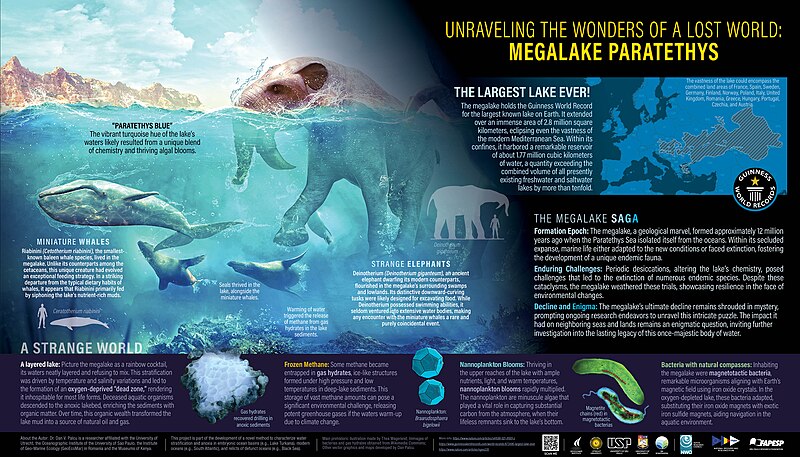
Size of this preview:
800 × 457 pixels. Other resolutions:
320 × 183 pixels |
640 × 366 pixels |
1,024 × 585 pixels |
1,280 × 731 pixels |
2,560 × 1,463 pixels |
5,833 × 3,333 pixels.
Original file (5,833 × 3,333 pixels, file size: 1.89 MB, MIME type: image/jpeg)
File history
Click on a date/time to view the file as it appeared at that time.
| Date/Time | Thumbnail | Dimensions | User | Comment | |
|---|---|---|---|---|---|
| current | 08:30, 10 January 2024 |
 | 5,833 × 3,333 (1.89 MB) | Dan.palcu | Uploaded own work with UploadWizard |
File usage
The following pages on the English Wikipedia use this file (pages on other projects are not listed):
Global file usage

Size of this preview:
800 × 457 pixels. Other resolutions:
320 × 183 pixels |
640 × 366 pixels |
1,024 × 585 pixels |
1,280 × 731 pixels |
2,560 × 1,463 pixels |
5,833 × 3,333 pixels.
Original file (5,833 × 3,333 pixels, file size: 1.89 MB, MIME type: image/jpeg)
File history
Click on a date/time to view the file as it appeared at that time.
| Date/Time | Thumbnail | Dimensions | User | Comment | |
|---|---|---|---|---|---|
| current | 08:30, 10 January 2024 |
 | 5,833 × 3,333 (1.89 MB) | Dan.palcu | Uploaded own work with UploadWizard |
File usage
The following pages on the English Wikipedia use this file (pages on other projects are not listed):